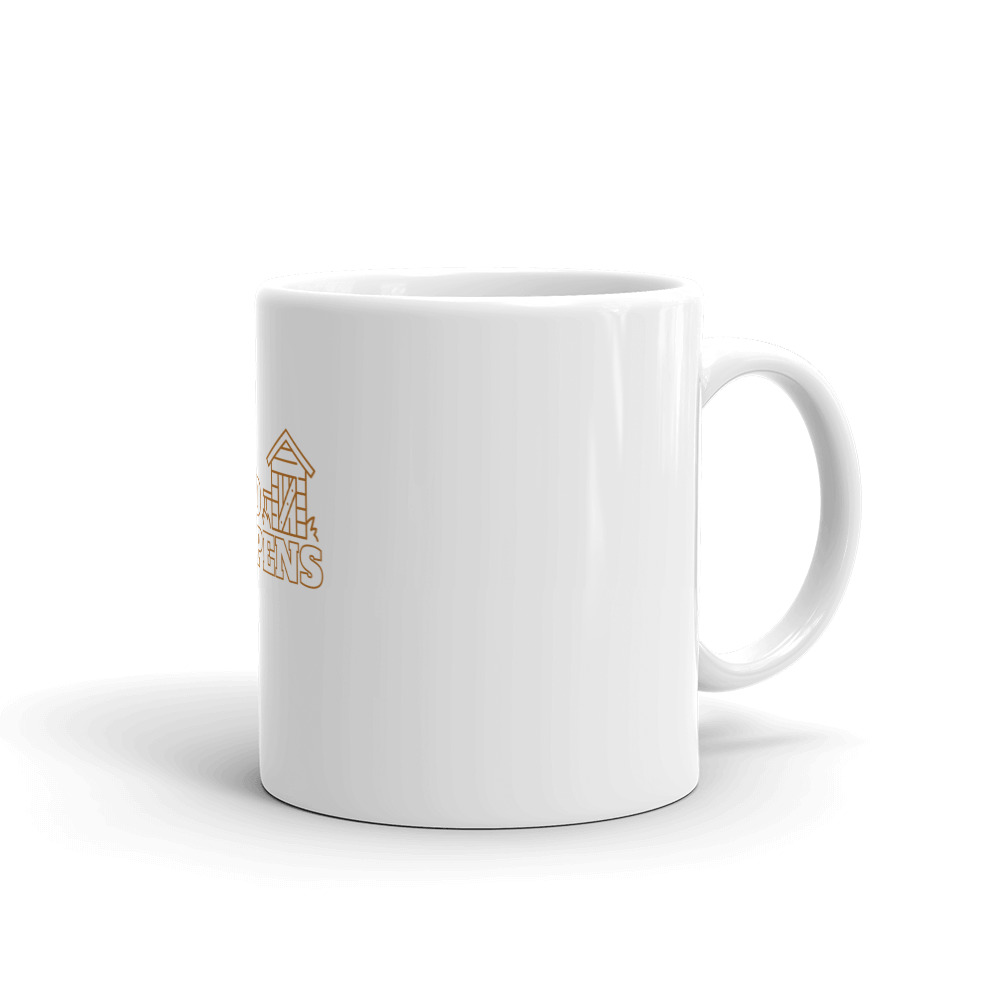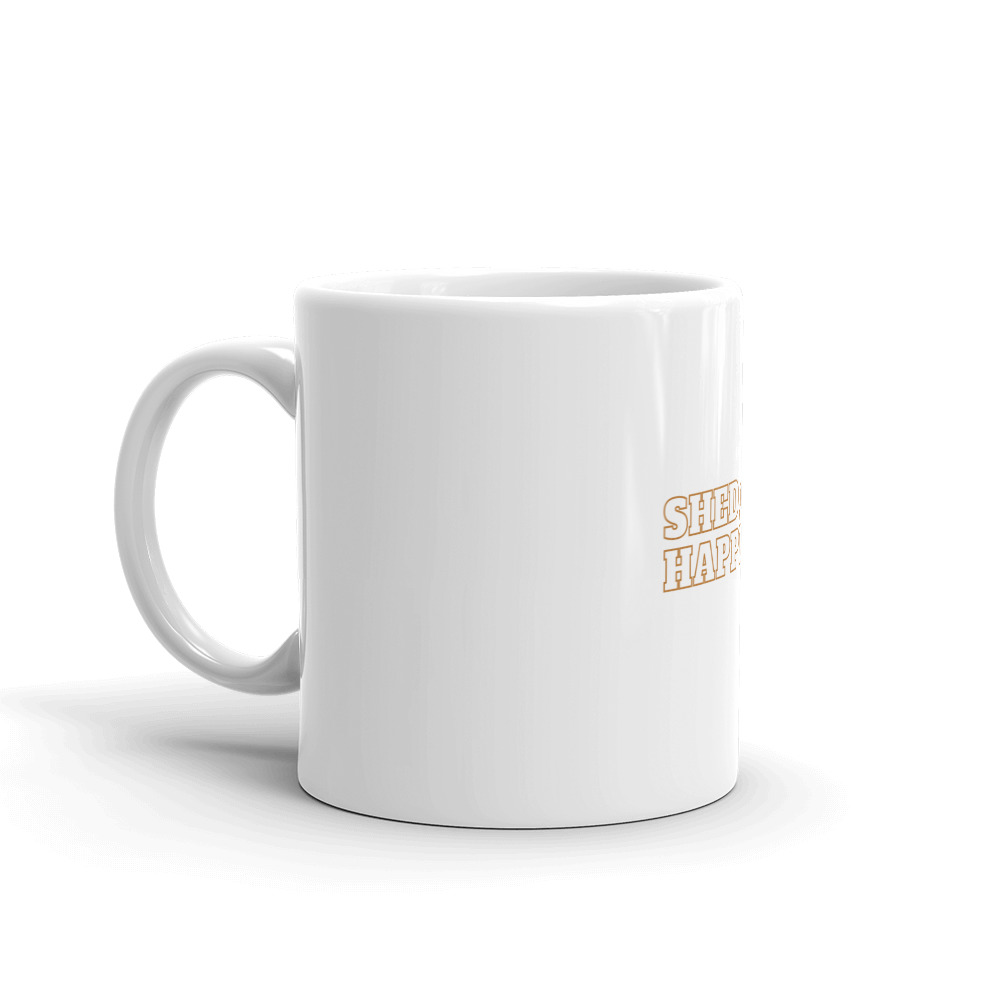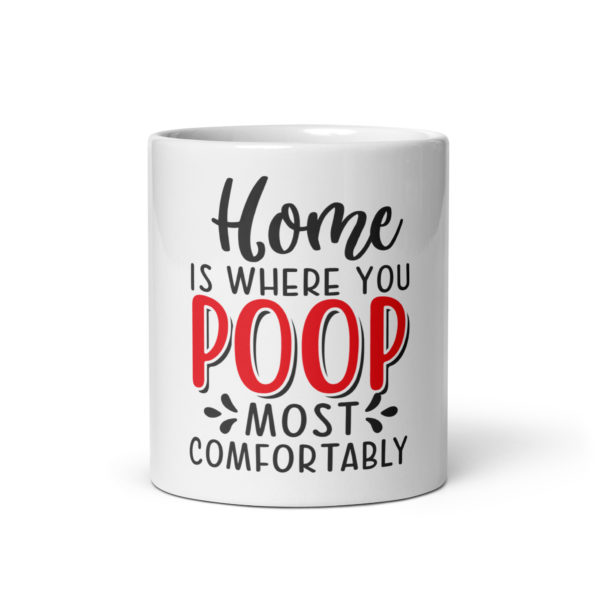Shed Happens Mug
Men’s sheds have many benefits, including being a safe space for men to relax and socialise. However, women aren’t invited to Men’s Sheds. Although some younger men are welcome, they are not recruited. The primary reason why men’s sheds are so popular is that they are safe.
Impact of men’s sheds on health and well-being
Men’s sheds offer an opportunity for men to come together in an informal, supportive environment and to meet other like-minded men. The social support provided by other members of a shed extends beyond its working hours. Members often call one another on a regular basis and go to see members in hospital. This kind of support has many benefits for men, including improved self-esteem and improved social connections.
This study examined the impact of men’s sheds on health and wellbeing. The research involved a scoping review of literature pertaining to the topic. It identified studies that explored the impact of men’s sheds on physical and mental health. This review aimed to explore these findings, as well as identify pathways to improved health attitudes.
Despite being under-represented in health research, men face numerous barriers to improving their health. Men’s Sheds, which are community-based organisations that offer physical and social activities for men, are a promising option to improve male health and wellbeing. However, their effectiveness in this area of public health is still uncertain. It is important to note that men’s sheds are not intended to replace primary health care services and should be considered as complementary measures.
The Sheds studied were largely older men. The members of these Sheds often faced issues related to ageing, including lack of motivation to engage in work-like activities. They also faced a high level of social isolation and unemployment.
Impact on attitudes and behaviours
The impact of men’s sheds on men’s attitudes and behaviours has not yet been extensively studied. Previous research has focused on women, and it has not addressed the impact of sheds on men. However, more research is needed to understand how sheds may influence men’s wellbeing.
The participants of men’s sheds are typically older males who have no work-based identity and are undergoing difficult transitions. They may also be dealing with family issues, such as separation from their partners. One quarter of participants had experienced significant loss or a major health crisis in their lifetime.
In addition to examining the impact of men’s sheds on men’s attitudes and behaviours, this study found that participants reported improved health, greater physical capacity, and new companionship. These outcomes are in contrast with those of ACE programs that focus on a specific group of people.
Men’s sheds offer a voluntary social outlet for older men. They provide opportunities for men to socialise and share skills and experiences with others. As a result, men’s sheds can promote the development of positive attitudes and behaviours, not just for the men who attend them, but also for their families and communities.
Men’s sheds are becoming increasingly recognised by legally constituted organisations as a legitimate form of social activity. They can also increase access to information and health services. However, they may not be the perfect solution for all men’s health care problems.
Social support
Men’s sheds provide a safe and welcoming environment for members. These places encourage men to share their experiences of life challenges, while providing a supportive, social atmosphere. Men who attend these sheds engage in regular social interaction, which is therapeutic and can improve general wellbeing.
Research has found that social support is important for men’s health and wellbeing. In fact, a recent study found that men who were unemployed and single had less social support than men with a partner. These men also were less likely to engage in preventive health measures. The Men’s Shed movement is addressing these problems and aims to improve social connections in men.
The Sheds are a flexible and informal space, enabling men to tailor the activities that meet their needs. This contrasts with other more formal state-run programs. Furthermore, men can get professional health advice through educational talks from health visitors. In addition, men don’t have to leave their own Shed to receive such advice. This flexibility is important because men are often isolated and need more social support than women.
Men also need a safe and supportive space for open discussion. Many men bottle up their feelings and are unwilling to ask for support. However, when they have a safe space in a Men’s Shed, they are willing to open up. Even men without men’s health issues found support from fellow Shed members and health professionals.







